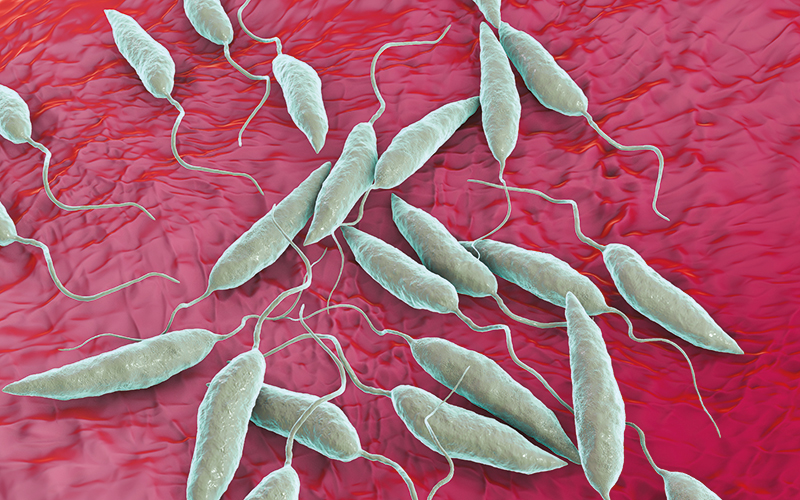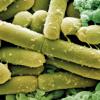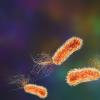Cecilia Grimaldi talks to three previous recipients of IBMS research grants to hear about their projects, how the funding has supported their research, and what they plan to do next.

Each year, the IBMS awards grants to support cutting-edge biomedical research projects.
In 2017, Olayinka Osuolale from Elizade Unversity, Nigeria, was among the recipients of the funding. His study aimed at investigating the misdiagnosis of neglected tropical diseases in Nigerian local communities – a widespread phenomenon that puts lives at risk. Two years later, the grant was awarded to Paraskevi Goggolidou from the University of Wolverhampton, who was working on a CRISPR/Cas9 mouse model that would help with understanding the mechanisms controlling a paediatric, genetic disorder called autosomal recessive polycystic kidney disease. In the same year, Sarah Pitt from the University of Brighton also received a grant to assist her work on a new antimicrobial drug derived from snail mucus. Here, we catch up with the three researchers to hear how their projects have developed and what they hope to achieve next.
All that bites is not malaria
Tracking neglected tropical diseases in Nigeria
Shortly after becoming a lecturer in microbiology at Elizade University in 2016, Olayinka Osuolale started to hear complaints from students and staff members bitten by flies at work. “After a while they fell sick, and when they went to the clinic, they all got treated for malaria,” Osuolale recalls...
Please click here to read the full article.
Image credit | Shutterstock| iStock|Science-Photo-Library|Simon Dack




